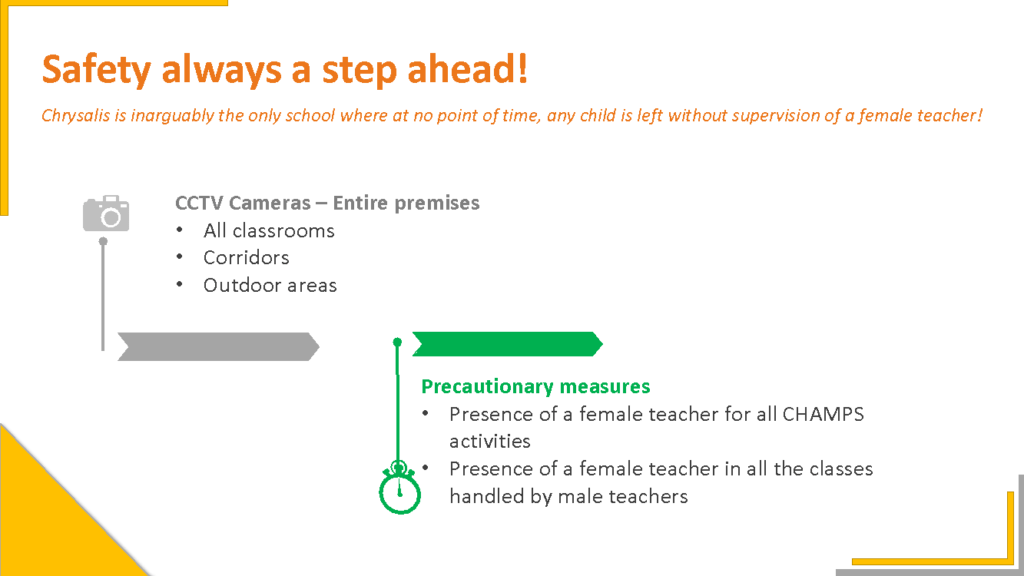The last two years have been anything but a joyride. I think I can safely vouch for the entire world on this one. Surrounded by the fear of disease, locked into our homes, smothered with masks and sanitizers, and all in all, distanced from reality for a period so long that our definitions of reality have changed. And yet, we found a way to make things work. Changes had to be made, new habits had to be developed; but at the end, life goes on, and we mustn’t have to run to catch up with it.
If I try to look back at the years since the pandemic, monotony has taken up such a significant role in my life that most of my random, unimportant memories in the last two years are one long, constant blur. Of course, like any other time, there were highs and lows. Days when loneliness overcame everything else, and days when a wave of gratitude, and the realisation that we’re safe and sound at home amidst global panic kept us going. And just like that, with Netflix’s steadfast company, we powered through the first two waves of COVID-19. The third wave, however, caught us by surprise. Having accepted the coronavirus as the new normal, we went about our lives as usual. However, somewhere along the way, let our guard down and though unwittingly, welcomed the virus into our home.
The more superstitious among us might say that the onset of the New Year itself heralded a time of strife. But I don’t believe in superstition, or luck, for that matter. And mulling over what’s already happened never helps either. We must pick up after ourselves, and think of the path ahead. Omicron took its toll on every member of the family, from the youngest to the oldest, leaving us all fatigued in a way we’d never been before, but still on the path back to health.
Of course, one’s physical ability to battle disease only lasts as long as the body is healthy and its systems pliable to its every need. And as we grow older, we get frailer. It was great food for thought, observing my own path to recovery, as compared to that of my grandparents. With age comes experience, wisdom and an entire collection of anecdotes to pass on to the next generation. But with age, also comes physical vulnerability, and that, no amount of wisdom or mental grit can overcome. And as a result, my grandfather left us for a better world.
All this while, I’ve looked upon loss as a very personal sentiment. That the sorrow one feels is supposed to be directly proportional to how close you were to the person. At least, that’s how I’ve seen it portrayed, so far. However, what I realised is that sorrow isn’t the only emotion that occupies your mind at a time like this. Frustration, helplessness at not having control over the situation; worry, and to a certain extent, even fear haunts your thoughts, complete an undercurrent of chaos, ever in the background. What really rocked me to my core, however, is observing how the incident impacted my family.
Days spent with a tense, overhanging silence in the house moved me to think of how many people are affected by the passing of one person, how their lives have changed so drastically in such a short period, and the fact that loss creates a void in a family that, despite the fear of being sucked in by it, they must find a way to work around and fill. Throughout the last few days, the importance of familial unity, mutual support and understanding of one another, and mental strength made itself crystal clear to me. After all, our lives are symbolic of a long journey, and in some journeys, accidents happen. But one day, our wounds do heal, and sooner or later, we must be back behind the steering wheel, ready to pick up from where we left off, and make it to the end.
In the same spirit, we all picked ourselves up and started to look further down the road at what’s next. All of a sudden, I found myself thrown amidst the all too familiar final exam hustle, and before I knew it, they were out of the way. I had rather expected to spend my ten-day holiday in the isolated, unproductive manner I’d gotten used to over the last two summers. Thankfully, I was proved wrong. I was offered the opportunity to be a part of our dance school’s troupe, and travel down to Tamil Nadu to perform for the Shivratri Natyanjali, an all-night dance festival hosted annually in honour of Mahashivratri, and considered one of the most prestigious among the classical dance community. Rigorous practising and great anticipation followed, and courtesy my excitable nature, I felt as though the day just couldn’t get here soon enough. And when it did, it was nearly impossible to contain me.

The drive to Thirunallar, adjacent to Puducherry, was a fairly long one. Having always been early birds, we left our house at five in the morning, and were already soaring through the national highways in time for the sunrise. There was a buzz of electricity running through my veins as I sat in the backseat, peering out the windows at all the little towns that came and went. It was intriguing to see the subtle but definite changes in the people’s lifestyles as we moved further and further away from the city. What we consider bare necessities, like fancy gadgets, makeup and social media are no more than extravagant paraphernalia to frugal, straightforward townspeople.
When we stopped by the roadside for freshly pressed sugarcane juice, I was surprised to see little children, aged not more than five, sitting with sickles in hand, peeling thorns off the shoots. It seemed dangerous, at least to me, while my father argued that it gave them such exposure and taught them lessons of alertness and caution at the age of five, that I still haven’t learnt in fifteen. Though it wasn’t the first time, and certainly not the last, I stopped to compare our lives. While neither is superior or inferior by any means, I couldn’t help but notice that the means by which we keep ourselves entertained are vastly different. City children like us always required an entire platoon of adults and relatives to gather around and keep us engaged, to buy us new toys to play with every few weeks as we got ‘bored’ of what we already had. And then there are village dwellers, who are just as entitled to worldly luxuries as us urbanites, and their children are just as loved and cared for, just as vulnerable.
But that’s where the similarity ends. Unlike us, they don’t rely solely on other people to keep them happy. They don’t wait for a parent to put a toy in their hands and then teach them how to use it. Either they find their own means of keeping themselves busy, or other times, out of necessity, end up pitching in with whatever their parents do for a living. And unlike us, once again, they’re content with what they have, whereas we always keep wanting more. I realised that it’s nothing but an urban myth that little children need iPads and cartoons to keep out of their parents’ hair, when in reality, they can chip in too. An epiphany of sorts, definitely, and an important life lesson I never thought I needed. Such experiences are often humbling, bringing us back to earth from wherever in the clouds our heads are, firmly grounding us back to reality and away from whatever deluded image we have of ourselves.
And now, as I sit on the hotel bed as patiently as I can, writing this while I wait for the group to get ready for the performance, my heart is a melange of feelings that I don’t think I can put into words. The awe that fills me as I look at my transformed self in the mirror, the buzz of excitement and the eagerness to set foot on stage, the joy at having spent the last twenty-four hours at close quarters with my friends, and just the realisation that despite everything, we’ve made it this far. And of course, there’s a lot in store, be it good or bad. And whatever it may be, I can’t wait to find out. After all, we learn something from every new experience, as life goes on.
Ananya Ganesh
Chrysalis High, Kadugodi


